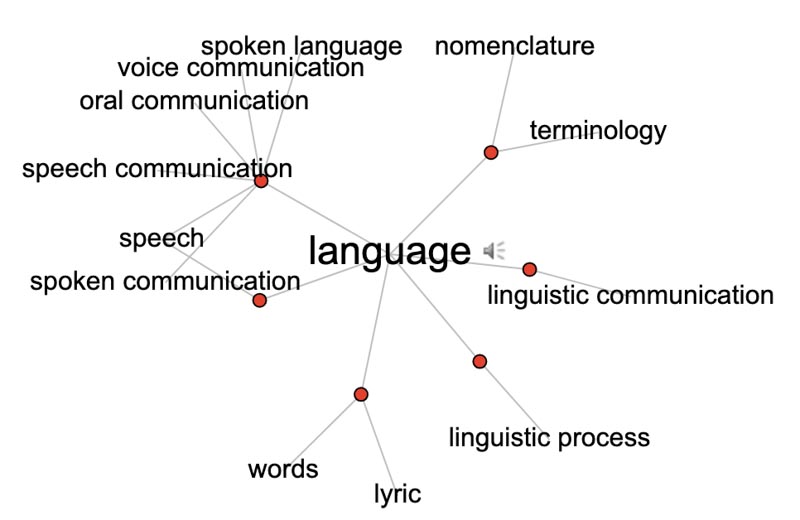
GIRVIN’s Ideator® Naming program came into being with Garden Botanika, the first process-driven naming solution created by Tim Girvin and his team.

This led to 18 stores that GIRVIN designed for Garden Botanika and more than 400 SKUs, organized in channel groups, treatment types and demographies.
When I was working with Jeff Brotman—on this project, the co-founder of Costco and a string of of other ventures—on the development of this new beauty brand that he was originating, he said, “Tell me about your process.”

I explained my approach, and then codified that as a collaborative procedure with a sequential array of definitive steps: team kickstarters and strategic inquiry, research, phoneme, morpheme and linguistic explorations, progressive tactical outcomes. I named this team-based, a trained collaborative naming modality: Ideator®—which we registered as a business service with USPTO in 1996.

Naming is an instinctual art, it’s an analytical science and a mystical proposition.
The artfulness emerges in the bespoke uniqueness of the query—how the problem is organized, the solution-pathway, and the science is formed analysis—the cast web of AI reviews, competitors, similarly aligned apps and technological presentations—even in the instance of resemblances—consumer confusion is the challenge of similitude to be avoided: names that sound, or feel like…another name. Memorability is foundational to longevity.

And the third, the mystical proposition.
As I’ve mentioned before, naming is similar to spell-casting, and implied magnetism of spell-binding, the call-outs of divination, sorcery and magic. “Ok, that might be a little much” to the casual observer, but in fact, much of the premise of each of those mystic arts lies in the principle of naming—
“who art thou?”
“I call thee forth by your name.”
If you think for a moment, in meeting someone for the first time, your early impression of them will be: “what’s your name?”
Or, in an elder voicing:
“by which name are you called?”
There is a legacy in naming being a kind of earthly definitive—it’s calling something out from a state of formlessness and by naming it, creates it. By naming, it lives. Even biblically, Genesis [2:19], there is a legacy of the God’s formation of all living things from the earth—and then humankind called them out in their names. As legendary “Earthsea” author Ursula LeGuin intones, “for magic consists in this, the true naming of a thing.” Even in the Greek phrasing of etymos, the root sound of etymology speaks of “the true name” from eteos—“true.” So too, soothsayer, a teller of the truth
—the sooth.

This extends to the notion of taboo, words which should not be spoken.
Because of their power—for example, in studying etymology—the roots of words have deeper meanings at the heart of their birth. Exploring the use of names in earlier times, speaking the name of “bear” is seen as taboo, since that calls out the name of the creature—bringing it forth. Better to call it “brown thing,” or “honey eater,” a safer expression. Word origin scholar, Doug Harper, notes that in “Oceanic tradition, a folk etymology, as linguists in the Pacific have reconstructed an irreducable Proto-Polynesian *tapu, from Proto-Oceanic *tabu “sacred, forbidden” (compare Hawaiian kapu “taboo, prohibition, sacred, holy, consecrated;” Tahitian tapu “restriction, sacred, devoted; an oath;” Maori tapu “be under ritual restriction, prohibited”).
So, naming is a powerful legacy.
Art. Science. Magic.

By this, we are named.
By this, we name.
From the name, there is a story to be bold.
Tim | Osean
GIRVIN | Strategic Brands
Facebook LinkedIn Instagram Behance
